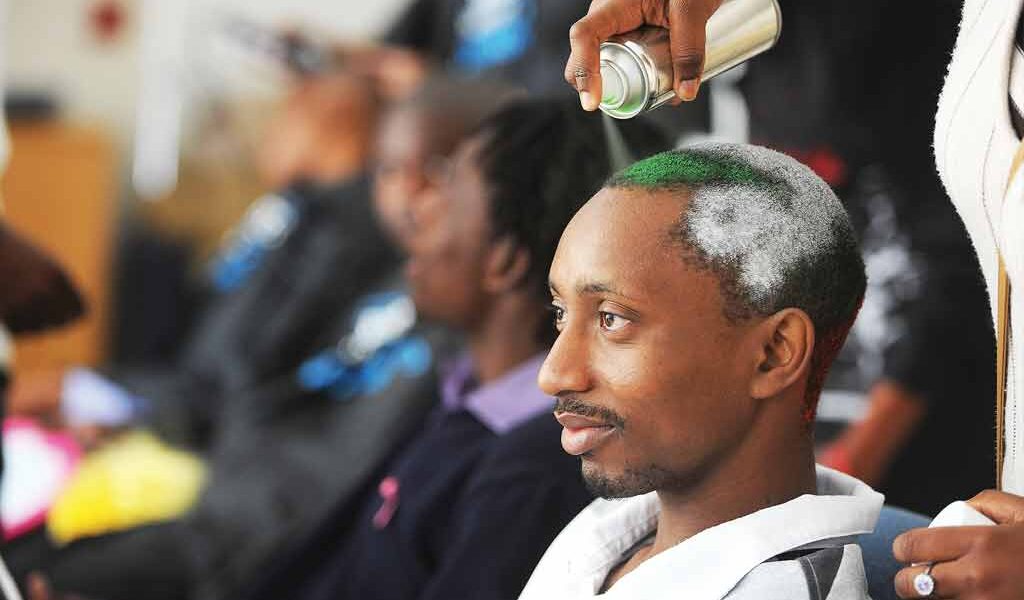Diagnosing cancer late and inability to provide treatment condemns many to unnecessary deaths – WHO
KAGO KOMANE
The World Health Organization (WHO) released new guidance for countries ahead of World Cancer Day last week in a bid to improve chances of survival for people living with cancer.
WHO Director of Management of Noncommunicable Diseases, Disability, Violence and Injury Prevention Dr. Etienne Krug warned in a statement that diagnosing cancer in late stages and the inability to provide treatment condemns many people to unnecessary suffering and early death.
“By taking the steps to implement WHO’s new guidance, health care planners can improve early diagnosis of cancer and ensure prompt treatment, especially for breast, cervical, and colorectal cancers. This will result in more people surviving cancer. It will also be less expensive to treat and cure cancer patients,” he said.
According to the Ministry of Health, in Botswana, for the period 2008 to 2012, 6 851 new cases of cancer were reported while 1 562 people died from the disease. A majority of the affected were women who constituted 58% of the total reported malignancies in the same reporting period but more men succumb to the disease and 27% died compared to 19.8% of women.
The highly-affected age groups in the country are from the 35-49 years for both men and women generally. However different cancers reportedly affect different age groups differently with prostate cancer affecting men over the age of 50.
Early diagnosis strategies according to WHO improve cancer outcomes by providing care at the earliest possible stage and are therefore an important public health strategy in all settings: “The barriers that delay cancer diagnosis must first be identified and assessed, and these factors may originate from patients to carers to health systems. Effective programmes can then be implemented at various levels that include community engagement to address patient behaviour, improving diagnostic and referral capacity and ensuring access to timely, high-quality treatment.”
New figures released by the organization last week showed that each year 8.8 million people die from cancer, mostly in low and middle-income countries. One of the challenges being that many cancer cases are diagnosed too late. The figures also revealed that even in countries with good health care services, many cases are diagnosed late when they are already harder to treat successfully.

